by Sabine Berlin
If you’re a writer, chances are you have probably asked the age-old question: What is the best thing I can do for my writing? The answer is almost always the same: write and read—sometimes in that order, sometimes not, but if you want to become a writer you should always do these two things every day! A lot of people understand the writing part. Of course you have to write if you want to be a writer. But what about reading? Why should you read? What should you read? How should you read? Here are a few basics to help you read like a writer.
Why you should read? One of my favorite quotes by Stephen King says:
If you don’t have time to read, you don’t have time to write. Simple as that.”
As writers, we need to read. We need to soak in the written word, letting it fill us with thoughts and questions. We need to read so we can learn how other writers write. We need to read to understand the difference between writing and storytelling. We need to read to remind us why we want to write. And most importantly, we need to read for inspiration.
What you should read? Everything. Whenever someone asks me who my favorite author is, I can’t answer. I’ve finally narrowed it down to the top four: Orson Scott Card, Dean Koontz, Juliet Marllier, and Meg Cabot. Then, which is my favorite genre? Science fiction? Horror? Historical fantasy? YA? The answer is all of the above. Don’t limit yourself to your favorite genre. The first time I was given a Koontz book, my first thought was, “I don’t read horror.” If I had put that first book away I would have missed out on one of my favorite authors. I still wouldn’t say I like horror books, but I sure love them when they’re written by him. If you want to come up with fresh, compelling, high-concept material, read widely. Read fiction and nonfiction. Read romance and fantasy and coming-of-age books and westerns and history and philosophy. Read EVERYTHING.
How you should read? It’s easy to get lost in a book—especially one you really enjoy. Sometimes that’s okay, but you also need to read to improve your art, and that takes concentration. Here are a few keys to remember when you want to read like a writer.
- Start with a goal in mind. What is it you want to improve or learn? Characterization? Dialogue? Metaphors? Find an author who excels at the technique you are looking to master and then read his or her books, looking for examples of how that author has done it. Keep a notebook by your side as you read, and write down examples as you find them.
- Read to critique. Even New York Times bestsellers can be critiqued. Thanks to sites such as Goodreads or Amazon, a lot of times we think of critiquing as being either entirely negative or overly positive. It’s either 5 stars or 1. But critiquing is about more than whether you loved or hated the book. It is about why you loved or hated it. It is asking what the author did to make you feel the way you do.
- Read out loud. This is a good idea if you find yourself getting lost in the book. If you forget that you are studying the written word, reading it out loud might keep you focused on what you are looking for.
- Join a book club. One of the best ways to see what works and doesn’t work in a book is to discuss it with other people, so join a book club. If you have a writer’s group, you may want to read a book together once a month or every quarter. Or just find a friend whose opinions you trust and discuss the books you read with your friend.
If you are a writer, chances are good that you already love to read. That’s great! Just remember, reading like a writer is more about studying than just reading for the love of it. Just like reading for fun, reading to learn can take you to a whole new world, and it may help you in return when you sit down to create a world of your very own.
Do This Now
- Find a book in a genre you wouldn’t normally read. Read it. Look for the good in the book, or try to figure out why you don’t care for this genre. Why do other readers possibly love it? What is there to learn from this kind of storytelling?
- Get into nonfiction. When I was trying to pick a major, Orson Scott Card encouraged me to look into history. I liked history, but I thought as a writer that English would be the best fit for me. It wasn’t until he explained that much of storytelling is creating new worlds and civilizations that I realized that was exactly what I wanted to do. And in order to do that, I needed to understand how our world and its civilizations worked. I would say that the same holds true for most subjects. We need to know a little (or a lot) about the world, about the human mind, about why people behave the way they do. We need to understand math and science and technology and economics, a lot of history, and a good dose of mechanics and engineering and agriculture, blended with a great deal of insight into the human heart. The more we become Jacks and Jills of all trades, the more our stories will approach the type of verisimilitude that pulls readers into our tale.
- Pick up the book you are currently reading and begin to analyze it for one technique on which you really want to work.
- And then check out some great “meta” reads for breakthrough ideas on how to analyze your favorite bestsellers.
Your Turn: What authors inspire you the most? To whom do you look when you want to learn to write great characters? Amazing metaphors? Fabulous dialogue? Share with us the books you pick up when you want to read like a writer.
And if you liked this article, please share it, too!
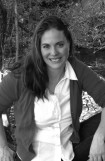 Sabine is an avid reader of everything from Asimov to Zusak. She has a degree in history, writes YA fiction, and was selected to attend Orson Scott Card’s Literary Bootcamp, where she studied writing and critiquing. She has been with Eschler Editing since 2012. She invites you to visit her blog.
Sabine is an avid reader of everything from Asimov to Zusak. She has a degree in history, writes YA fiction, and was selected to attend Orson Scott Card’s Literary Bootcamp, where she studied writing and critiquing. She has been with Eschler Editing since 2012. She invites you to visit her blog.
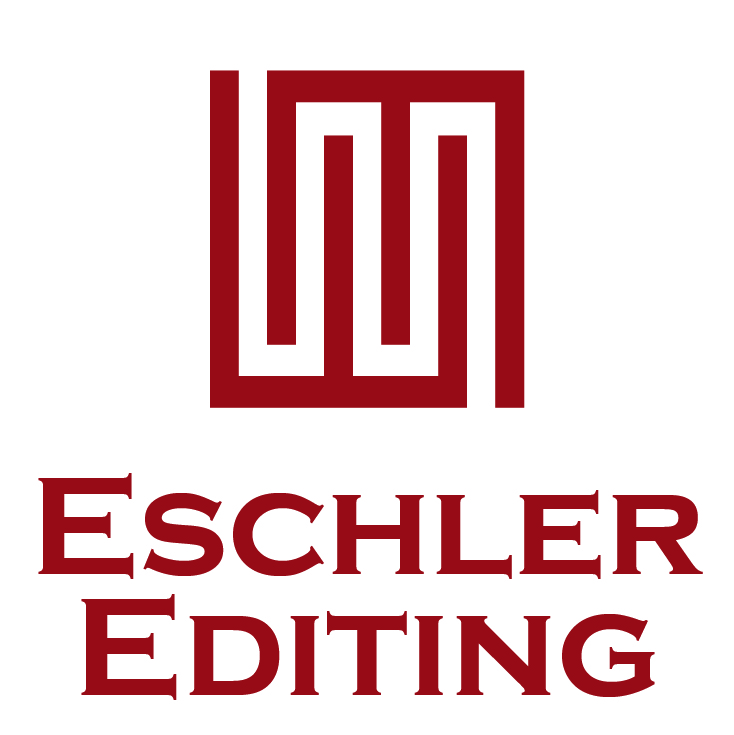
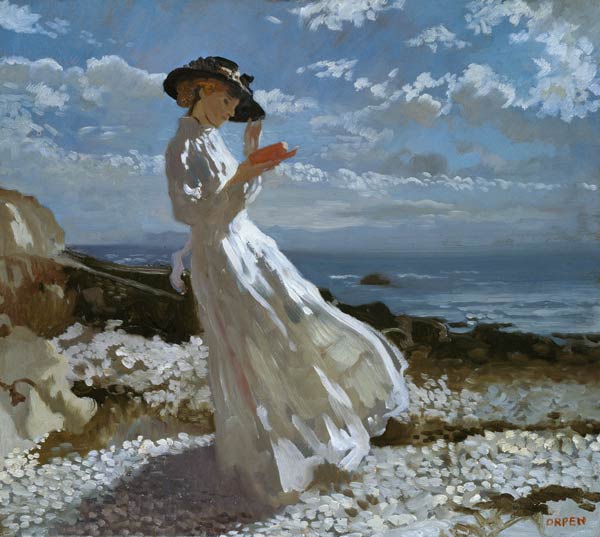
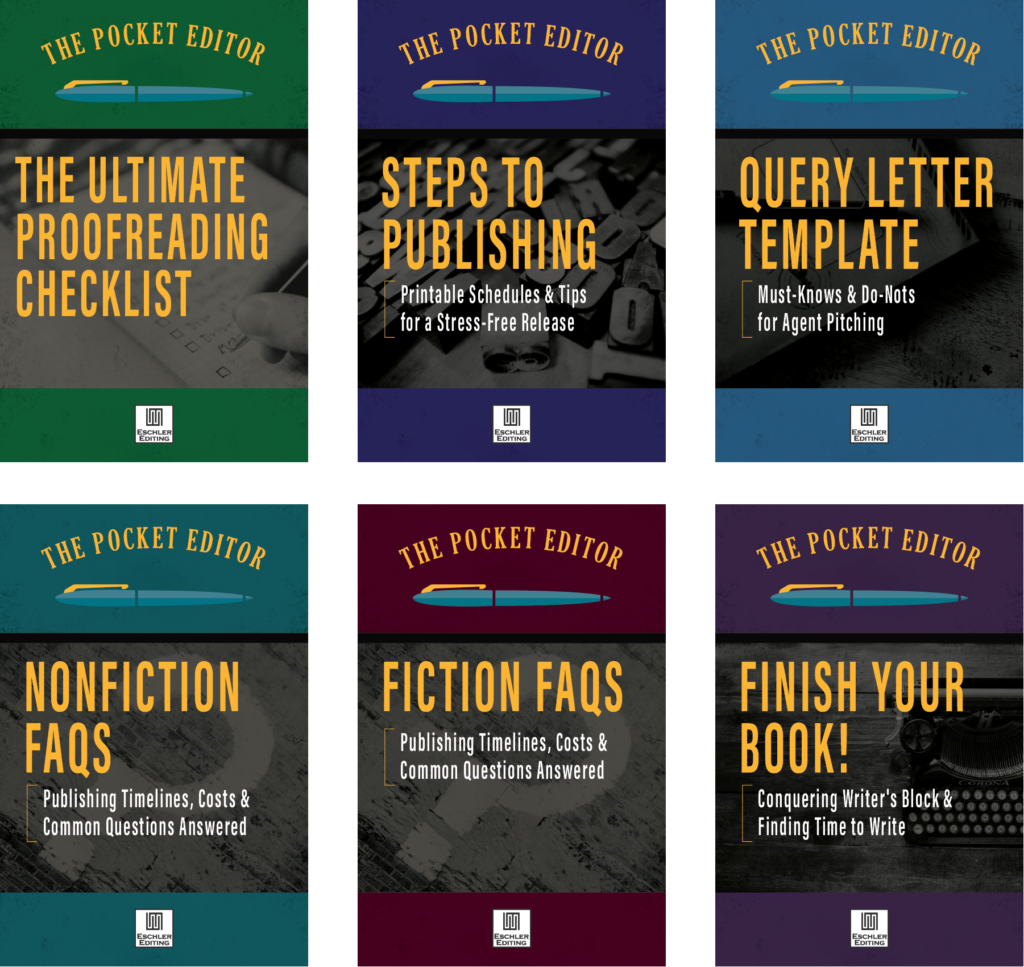
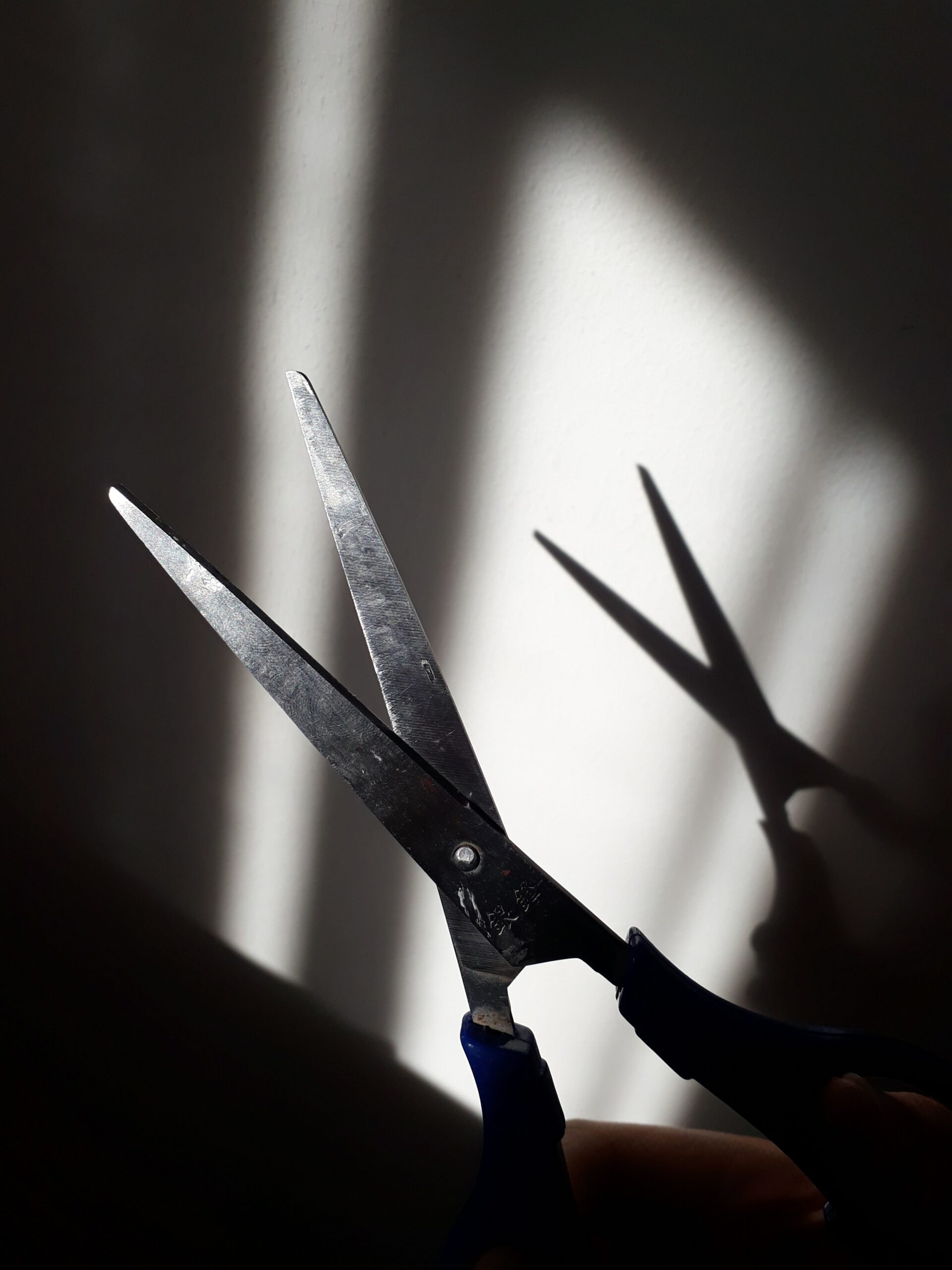

I love reading like a writer, but I like reading like a reader sometimes, too. I forget how if I don’t practice! Haha. Seriously, it’s cool to dig in and analyze sometimes and kick back and enjoy other times. Great article. 🙂
I am usually the opposite, I love reading for myself, but have to really sit down and make it a habit to read like a writer. It really is good to find the balance and do both.
Great advice! I love reading Maggie Stiefvater because she does metaphors and stunning, lyrical writing so well. Two things I need to improve on. I have to be careful not to get jealous of her awesomeness while I’m reading! 🙂
Me too! Stiefvater blows me away with her writing. Also Laini Taylor (Daughter of Smoke and Bone series). Interestingly, I read some of Maggie’s early YA books and thought them pretty cliche. But the stuff in the last few years has been incredible. I’m not sure if that’s evidence of her own evolution as a writer, or if she was just churning stuff out quickly to meet a market demand in the early days. Her early books were part of the hot gothic/paranormal phase the industry went through. If she has improved to that degree, it gives me hope as a writer!
This is a great reminder! Lately I’ve been plowing through books of fantasy in all age ranges and have been enjoying every second of the journey, but now I need to think back and understand what it is about these books that make them great and apply. Thanks for the great tips!
I find myself doing this ALL the time now, unless I’m listening to an audiobook (somehow that makes it easier to just get lost in the story instead of reading as a writer). It’s definitely helpful, though, and has taught me so much!